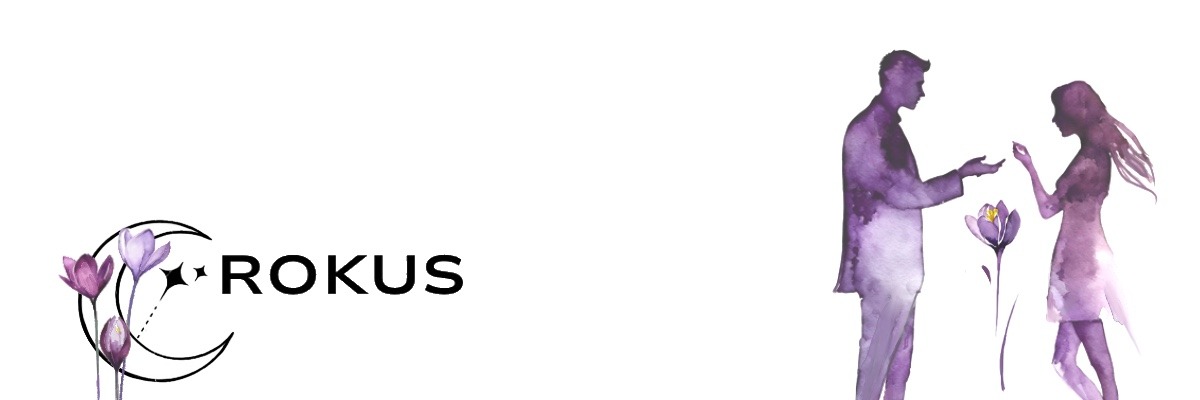Is Tarot card reading safe? This is a common question, especially for those new to Tarot or influenced by misconceptions about its purpose. Let’s break down what Tarot is, address concerns, and discuss how to engage with it responsibly.
What Does “Safe” Mean in the Context of Tarot?
When people ask if Tarot is safe, they often mean one of several things:
- Is it emotionally safe? Can it cause distress or confusion?
- Is it spiritually safe? Does it conflict with beliefs or invite harm?
- Is it practical? Can it influence decisions negatively?
Understanding these concerns is the first step to answering whether Tarot is safe for you.
The Truth About Tarot and Safety
Tarot is a neutral tool. The cards themselves do not have power—they are simply a way to access insights from your subconscious mind or intuition. Here’s why it’s safe:
- No supernatural risks: Tarot doesn’t summon spirits or involve magic.
- Personal control: You decide how to interpret the cards and what actions to take.
- Self-reflective focus: The readings help you understand yourself rather than dictate outcomes.
If you’d like to know more about common fears, check out Is Tarot Evil? or Can Tarot Cards Ruin Your Life? for deeper insights.
Addressing Emotional Concerns
For some, Tarot can bring up challenging emotions or truths. However, this is often a part of growth. To use Tarot safely:
- Approach readings with an open but grounded mindset.
- Focus on questions that promote clarity and empowerment.
- Avoid asking repetitive or overly negative questions, as this can lead to overthinking.
For example, instead of asking “Will my life fall apart?” try something constructive, like “What can I focus on to feel more balanced?”
Aligning Tarot with Your Spiritual Beliefs
Some worry that Tarot might conflict with their faith or spiritual practices. Remember:
- Tarot is adaptable: It can complement secular or spiritual perspectives.
- Your intentions guide its use: Use it as a tool for self-reflection, not as a belief system.
If you have doubts about spiritual safety, Is Tarot Card Reading a Sin? addresses this topic in detail.
Practical Use of Tarot
While Tarot readings offer valuable insights, they are not a replacement for professional advice or major life decisions. For instance:
- If you’re making a financial or health decision, seek expert advice in addition to Tarot guidance.
- Use Tarot to explore emotional or psychological perspectives rather than definitive answers.
How Often Can You Do a Tarot Reading? offers tips on balancing Tarot use to avoid dependency.
How to Ensure a Safe and Positive Tarot Experience
- Set intentions: Approach each reading with clarity about what you want to explore.
- Stay grounded: Remember, Tarot is a tool—it reflects possibilities, not absolutes.
- Focus on empowerment: Use Tarot to gain insights that help you take positive action.
For those new to Tarot, How to Use Online Tarot to Gain Insights and Interpretations for Yourself? is a great starting point to learn how to interact with the cards thoughtfully.
Final Thoughts
Yes, Tarot card reading is safe when approached responsibly. It’s a powerful tool for self-discovery and personal growth, guided entirely by your intentions and how you choose to use it. Whether you’re seeking clarity about relationships, life goals, or emotions, Tarot can provide valuable insights without risks.
Explore more about Tarot’s role in your life with How Do Tarot Cards Connect With Intuition? or Can Tarot Readings Help with Self-Discovery?



